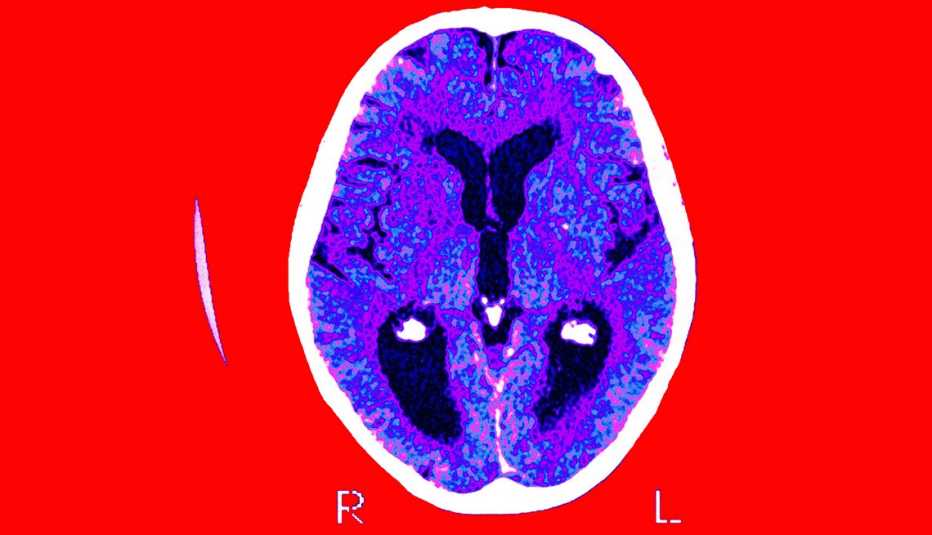Staying Fit


Federal regulators are delaying action on donanemab, a potential treatment for Alzheimer’s disease that was widely expected to gain approval in the first quarter of this year.
Drugmaker Eli Lilly announced March 8 that the Food and Drug Administration (FDA) wants to convene an advisory committee meeting to further discuss the safety and efficacy data from the drug’s phase 3 clinical trial. The date for this meeting has yet to be set.


AARP Membership— $12 for your first year when you sign up for Automatic Renewal
Get instant access to members-only products and hundreds of discounts, a free second membership, and a subscription to AARP the Magazine.
In a news release, the company said the FDA’s decision to meet with its panel of outside experts was unexpected but follows precedent and was part of the approval process for Leqembi (lecanemab), a similar Alzheimer’s treatment that was approved in 2023.
“Today’s FDA decision is not a setback, but another step forward in the drug approval process, with the regulatory agency doing its due diligence before the distribution of the drug to patients,” Howard Fillit, M.D., cofounder and chief science officer of the Alzheimer’s Drug Discovery Foundation, said in a statement.
Donanemab trial showed promising results
Clinical trial results for donanemab were presented at the 2023 Alzheimer’s Association International Conference in July and published in the peer-reviewed medical journal JAMA. Researchers found that the experimental medication significantly slowed the loss of thinking and memory skills in people with early Alzheimer’s, with the greatest benefits seen among those in the earliest stages of the disease.
Donanemab also helped to remove a protein called amyloid from the brain, which is a defining feature of Alzheimer’s. In people with the disease, amyloid clumps together to form sticky plaques that disrupt normal cell function.



































































More on Health
Is it Normal Memory Loss or a Memory Problem?
Tips from experts on how to tell the difference
Take the Cognitive Assessment
Find out how you perform today in five key areas, including memory and attention
What Dementia Feels Like
Individuals detail their symptoms in the early stages